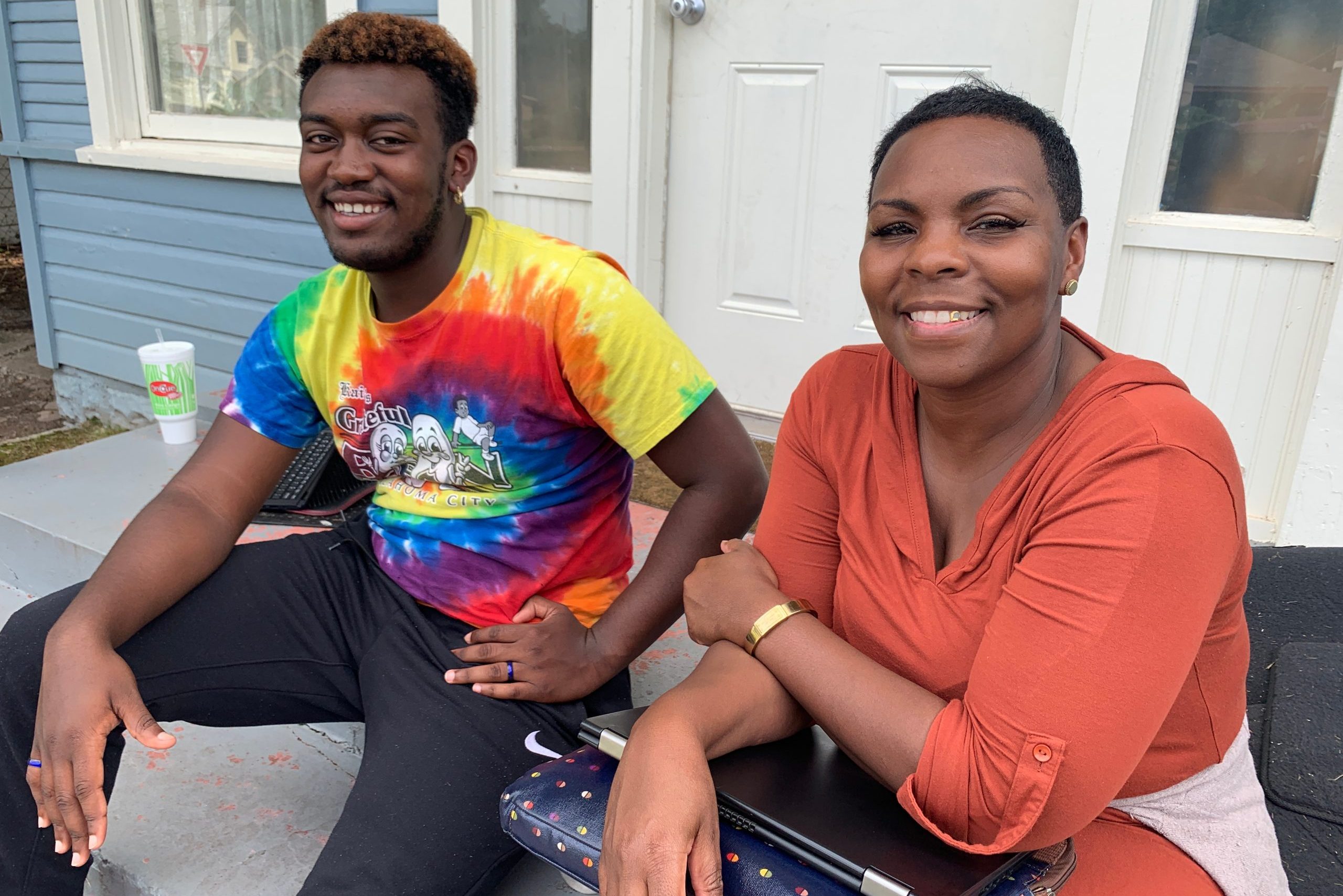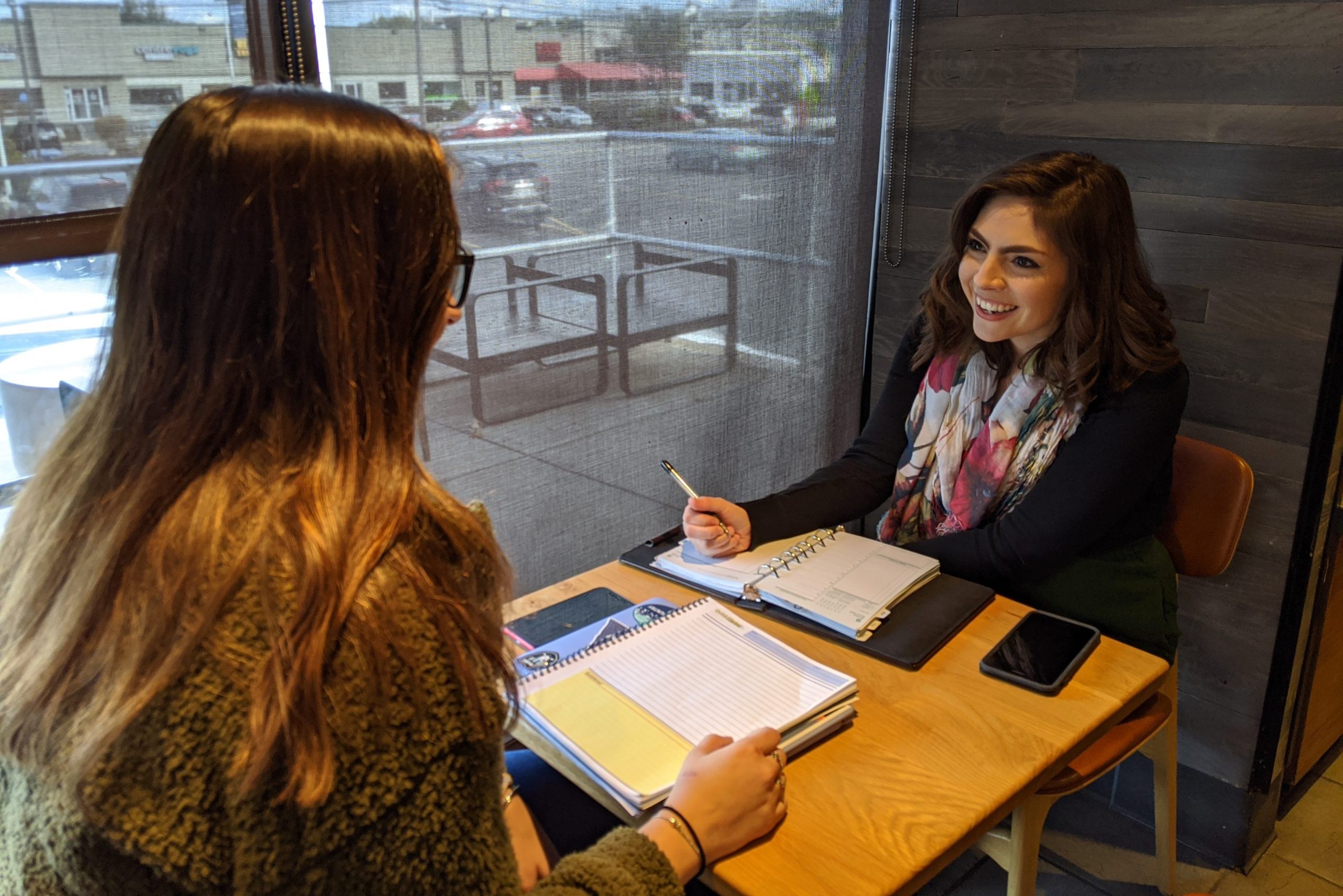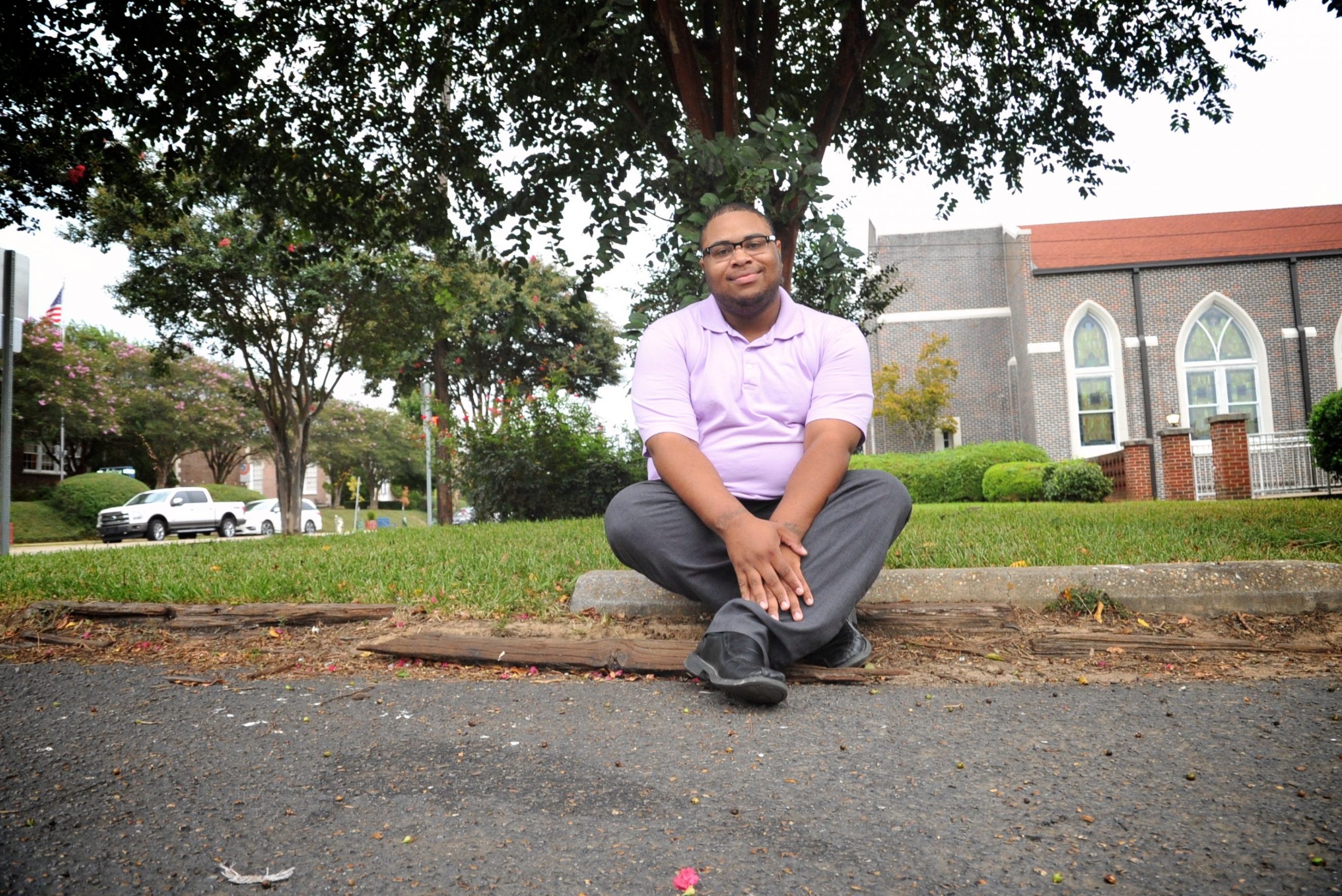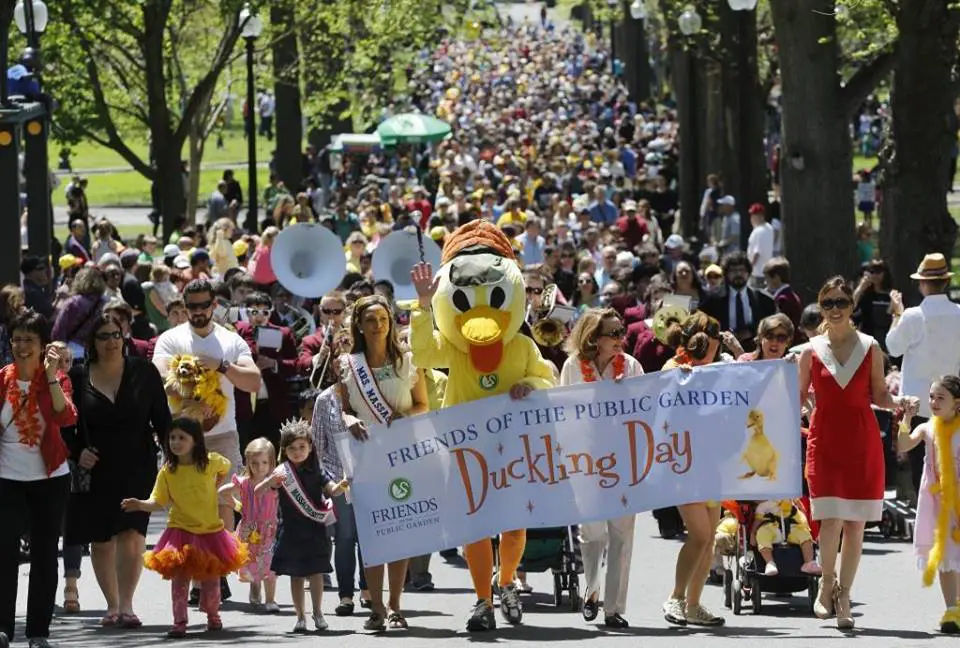The Greater Boston area is home to many exceptional nonprofits, but the ones that serve moms are especially close to our hearts. Boston Moms is excited to spotlight and support the local nonprofit organizations that make our area so great.
This month we are showcasing Youth Villages.

Youth Villages serves America’s most vulnerable children and families. They help children improve their long-term wellbeing by offering services to support mental, behavioral, and emotional health, strengthening support systems and providing a safe place for care and treatment.
Join us in celebrating Youth Villages by learning more about their mission and donating to their cause!
Where are you located? We are a national organization that has five offices in Massachusetts.
What is your mission? At Youth Villages, we believe children are raised best by their families.
Tell us about your program’s amazing whole family approach. Our Intercept program is an intensive family-based in-home therapy program that strengthens families in order to prevent removal of a child from the home or to help successfully reunify a child back into the home after they’ve been removed. Our services address the issues that have led to DCF involvement, teaching parents how to increase safety in the home. We teach skills to parents such as anger management, relapse prevention plans, budgeting and saving, how to apply for housing, and how to discipline without using physical intervention. When parents have the skills to take care of themselves and their children, we can interrupt an out-of-home placement and the negative side effects that come with it.
Why is supporting families who are at risk of DCF intervention so important? Removing a child from the home is an extremely traumatic experience for the child. They are often placed with strangers, can be separated from their siblings, and have a minimal amount of their own belongings with them. They are scared, confused, and sad. This negatively impacts a child’s ability to attach, to trust, and to form solid relationships.

What about your work with young adults? Our LifeSet program serves youth 17.5-22 who are aging out of foster care. We teach them skills to obtain employment, complete their education, secure housing, and form healthy and lasting relationships.
You mentioned “aging out of foster care” — what does that mean? Imagine you are 17 years old, in foster care, and about to turn 18. You have never had a stable support in your life to teach you the skills you need to be successful in adulthood, and you aren’t even sure where you are going to live past your 18th birthday. Of young adults who transition out of DCF, 24% have been homeless at least once by age 21, 52% are unemployed, and 68% have been arrested at least once by the age of 21. Our specialists work with these young adults to help them build the independent living skills they need to develop their goals and live successfully on their own. After completing our program, 90% of the young adults are living independently, are working or are in school, and have had no further trouble with the law.
Since May is Mental Health Awareness Month, what kind of mental health struggles do you see parents facing right now with the pandemic? During the pandemic, we saw an increase in substance use, domestic violence, and depression. Parents lost jobs or were trying to work from home while managing their children’s virtual learning and were often cut off from their support systems. So many parents are struggling, and many are afraid to speak up and get help. This may be due to cultural values, distrust in the system, the stigma around mental health issues, or lack of awareness about resources. It is so important that we remove that stigma and let all parents know they are not alone and there is help.
How might someone gain access to services from Youth Villages? If a young adult is interested in receiving LifeSet services, they can call and self-refer (781-937-7900). All of our Intercept families have Department of Mental Health or Department of Children and Families involvement, so if you are a parent who is involved with either of those state agencies, you can ask them to refer you to our Intercept program.

Are there volunteer opportunities? We have several volunteer opportunities each year. Right now, our leadership council is seeking new members to help raise awareness and funds for Youth Villages and create networking opportunities for professionals in Boston and the metro area. Anyone interested in information about volunteer opportunities can contact [email protected].
What do donations to Youth Villages go toward? Donations support our LifeSet program. In the past year, we’ve seen an almost 30% increase in the need for our services, and donations allow us to fund this surge and help more young adults than ever before.
Tell us about your Spring Challenge! We are currently in the middle of our Spring Challenge, a campaign to raise $1 million for our LifeSet program by June 30. Donations can be made here!












